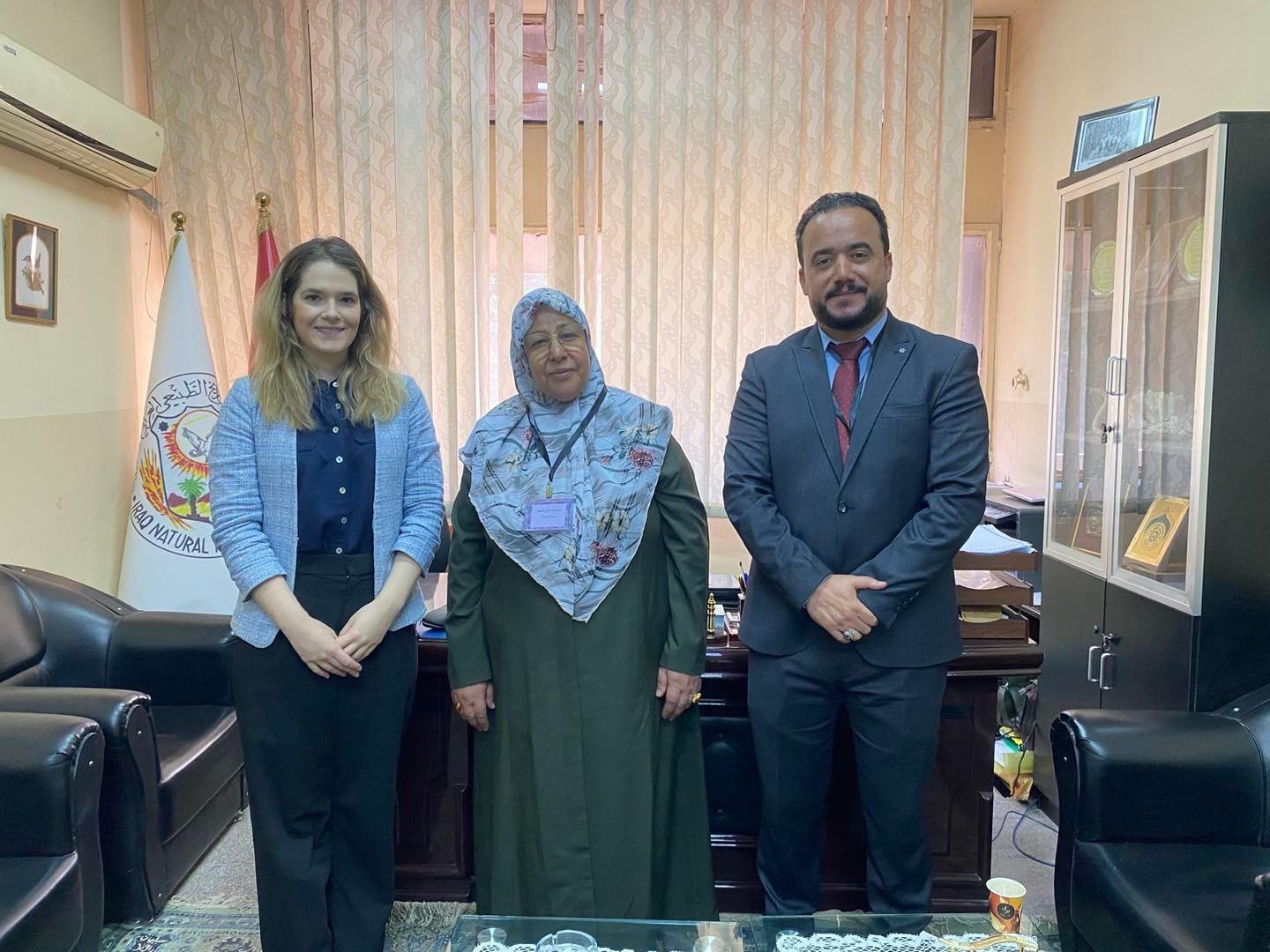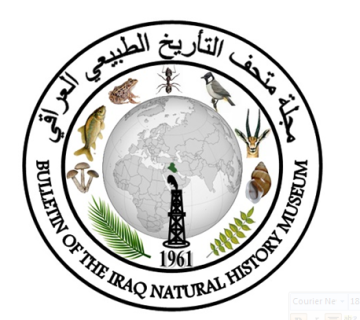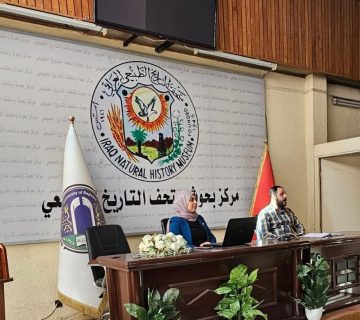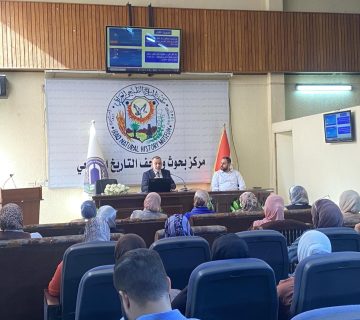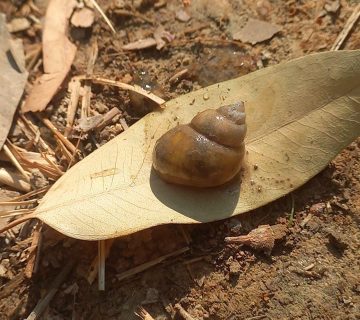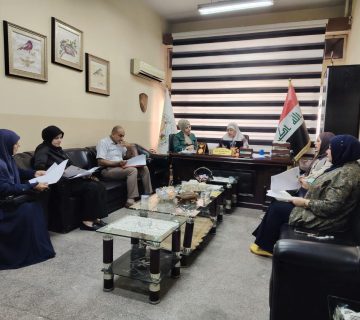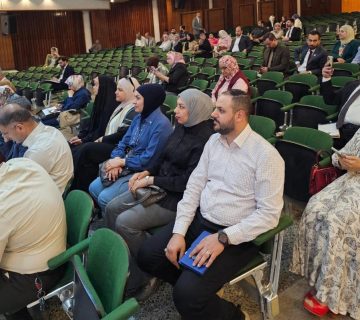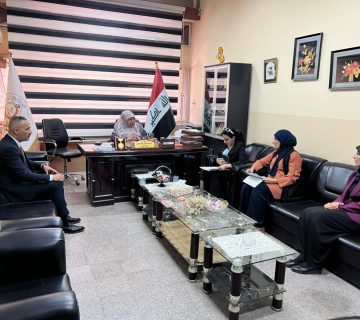Museums, as repositories of knowledge and cultural heritage, play a pivotal role in shaping societal understanding and fostering international dialogue. The Natural History Research Center and Museum at the University of Baghdad, under the patronage of its esteemed President, Professor Dr. Munir Hamid Al-Saadi, recently hosted a symposium titled “Relationships with International Institutions and Their Impact on the Development and Modernization of Iraqi Museums.” This event brought together distinguished guests, including the President of Al-Karkh University of Sciences, Professor Dr. Thamer Abdul Amir Hassan Al-Kazemi, UNESCO Delegate to Iraq, Ms. Stephanie, and Director of International Organizations at the Ministry of Higher Education and Scientific Research, Professor Dr. Muwaffaq Khudair Sajet.
The symposium highlighted the growing recognition of museums as essential pillars of education and cultural enrichment. Participants emphasized the commitment of governments, universities, and scientific associations to establishing and expanding museums, recognizing their potential to cultivate informed and engaged citizens. Museums, they argued, are not merely repositories of artifacts but vibrant educational spaces that seamlessly blend knowledge and enjoyment, captivating the imagination and fostering a lifelong love of learning.
The symposium’s preparatory committee, led by Professor Dr. Afkar Muslim Hadi, showcased the diverse array of scientific research and posters presented by esteemed scholars. The presentations underscored the transformative power of museums in attracting diverse audiences, including scholars, thinkers, students, and visitors from around the globe. These institutions, once confined to major capitals, have now proliferated across cities, reflecting their growing significance in the public sphere.
The symposium concluded with a set of recommendations aimed at strengthening international cooperation and fostering a collaborative approach to museum development. These recommendations emphasized the need for enhanced communication and knowledge exchange between governmental and international institutions, as well as the opening of avenues for cooperation in all scientific and cultural fields.
In conclusion, the Natural History Research Center and Museum’s symposium underscored the critical role of museums in advancing cultural discourse, promoting international collaboration, and fostering societal understanding. The symposium’s success is a testament to the dedication of its organizers and participants, who continue to make significant contributions to the field of museology and cultural education.

